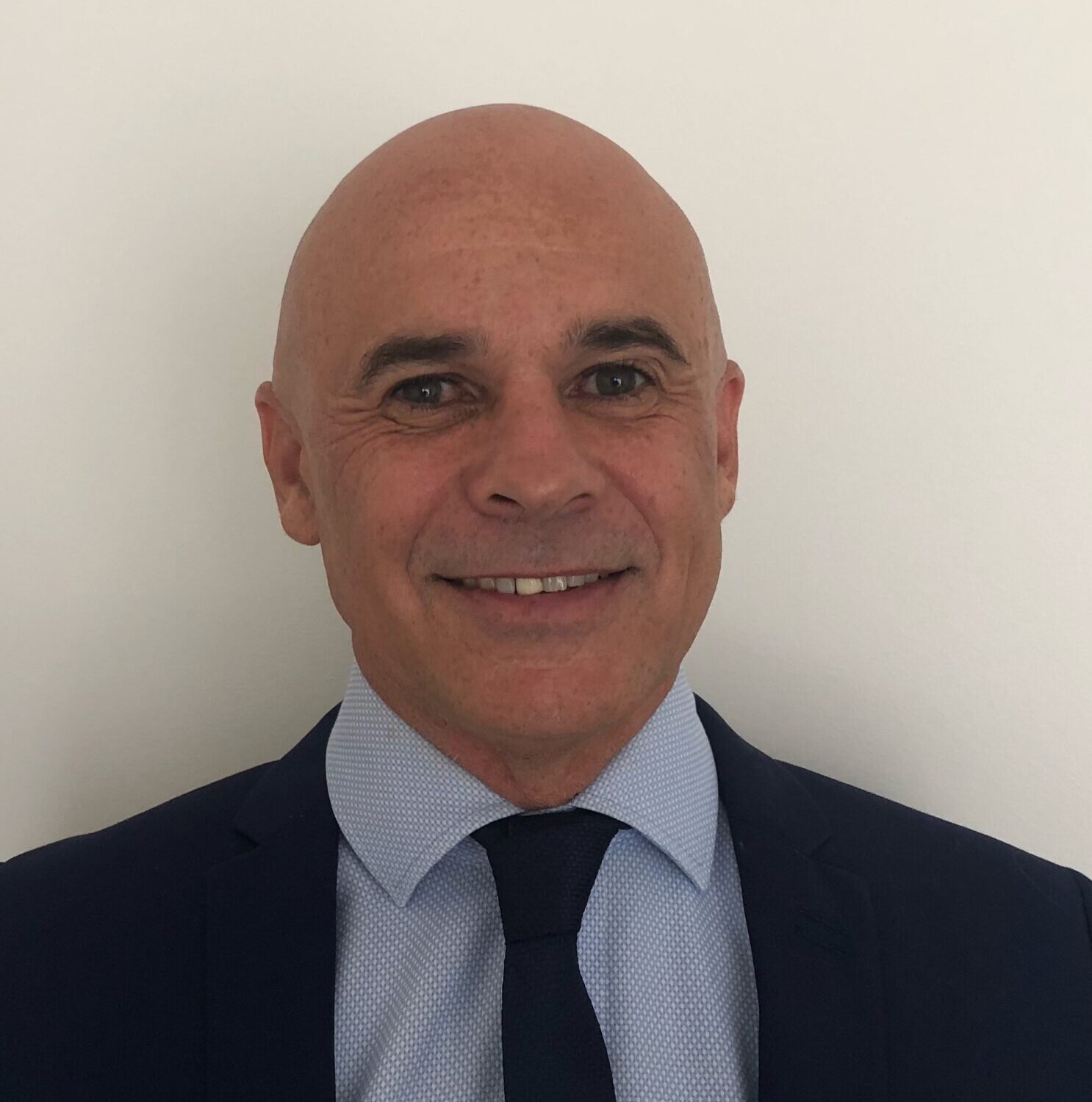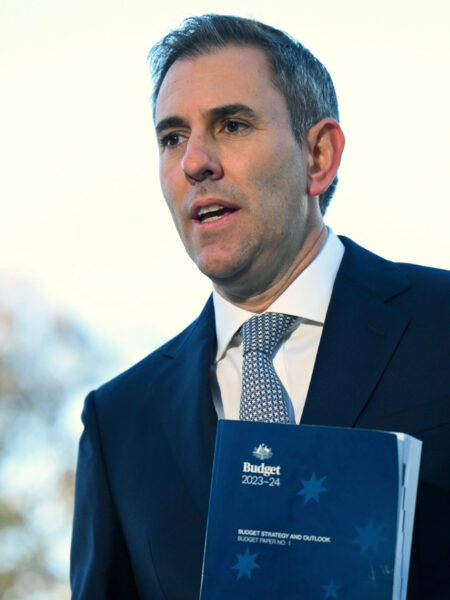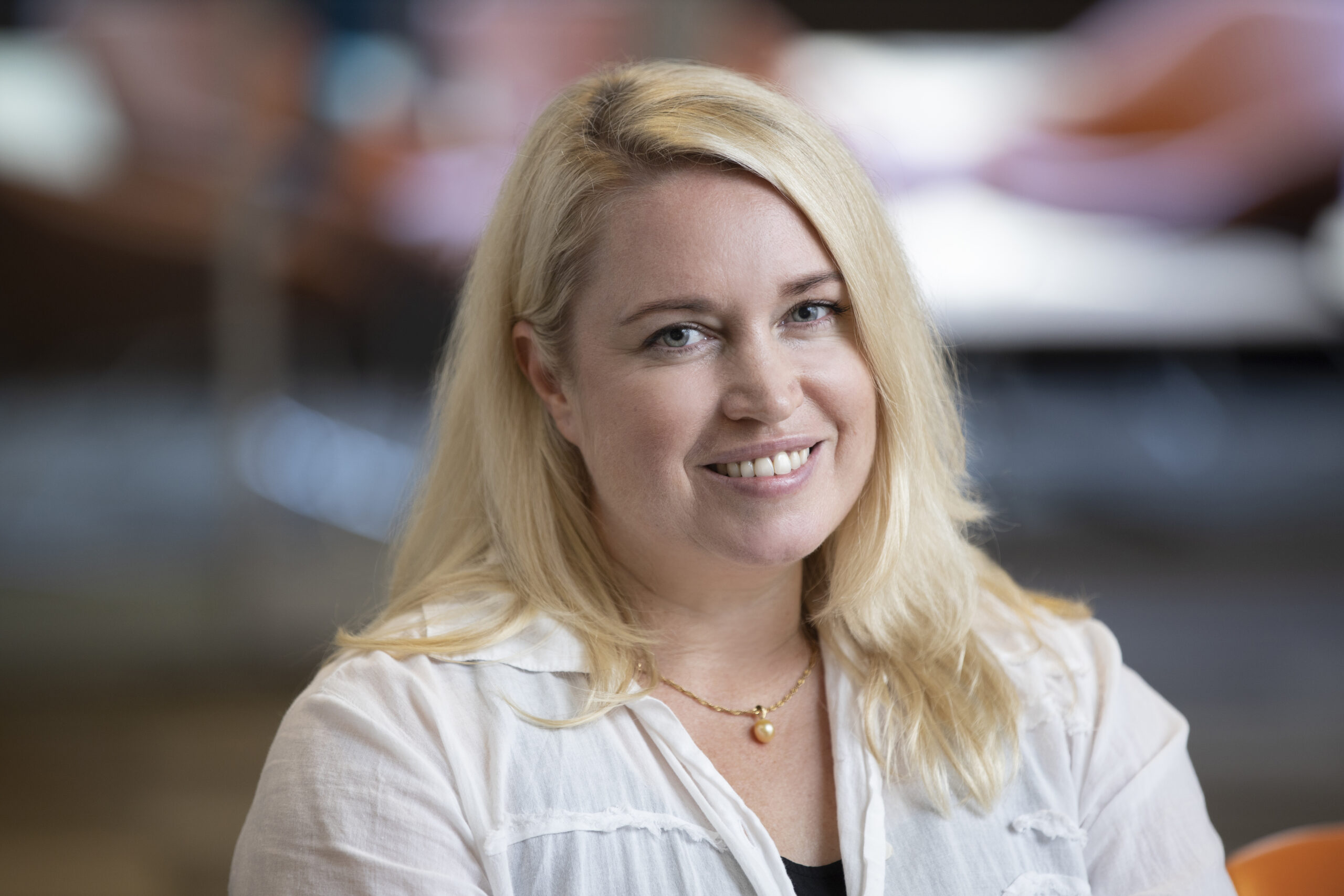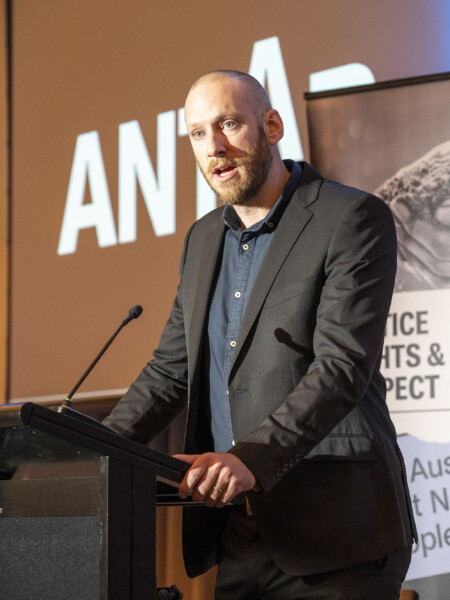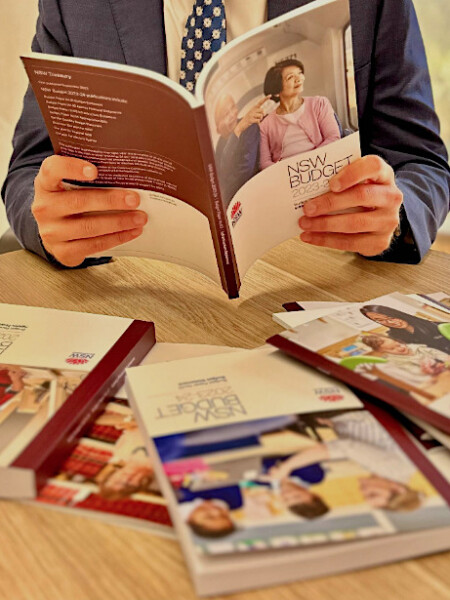For First Nations Peoples, Country is all-encompassing. It includes land, waters, sky and all that exists on and within them – plants, animals and us humans. It’s not just about the connection to place but also the connections between each other and our surroundings.
The Know Your Country campaign is designed to elevate all Australian children’s understanding and awareness of the Country in which they live and learn. This will deepen their connection to their Country and create a life-long role as custodianship for Country by all Australians.
For our nation to mature into a more inclusive and fair society, there’s a lot of healing still needed. The relationship with Australian First Peoples continues to grow but a concerted effort is important to truly reconcile our past and build a shared future. The education system has the proven power to transform societies. At school, all children can develop and sustain strong, positive and enduring relationships with First Nations People and communities. What a giant step it would be if our future leaders could be culturally aware and safe when working with First Nations Peoples and communities.
A Reconciliation Australia study found 60 per cent of Australians claimed to have never met a First Nations person. Many of those who said they had met a First Nations person described it as fleeting contact, often at a cultural event. Being together in the real world with First Nations Peoples builds an everyday connection. We know this improves understanding, empathy and culturally safe practices with First Nations Peoples. It breaks down misconceptions and creates lasting and powerful relationships.
The NSW Aboriginal Land Council recently called for ‘cultural immersion’ to combat racism. Many organisations have used this strategy to improve their staff cultural capability. Academics such as Dr Kevin Lowe and Dr Catherine Burgess are also great supporters. They believe teachers should experience cultural immersion to build their cultural capability to both teach First Nations content and to engage and support First Nations students.
Further embedding First Nations perspectives into society’s fabric will help dilute the toxic impact of policies that perpetuate systemic discrimination and programs which marginalise and disadvantage First Nations People. It will help create a Country that is culturally safer and more socially equitable. Acknowledging and understanding how the modern history of this nation has severely harmed First Nations People and created extreme disadvantage is vital to achieving social inclusion. Reconciling this understanding as a nation will heal and create a shared future for everyone.
Improving the social and cultural determinants of health and wellbeing of First Nations communities and people is fundamental to Closing the Gap. Underpinning this is social inclusion and where cultural continuity is realised through strongly walking in two worlds of traditional First Nations ways of being doing and knowing in modern Australia. This strength-based approach can transform First Nations communities – individuals can have mastery and control over their destiny and walk tall and strong on their land.
The Mayi Kuwayu study – consistent with other similar research – demonstrates that culture is the key to First Nations health and wellbeing.
Employing First Nations Cultural Educators in every primary school across the nation is the key for education to be the vehicle for transformative change in broader Australia. Their role could include:
- Supporting teachers to embed First Nations knowledges and perspectives across the curriculum
- Facilitating schools and students to build authentic and meaningful relationships with their local First Nations communities
- Enabling student and staff learning and development, including coordinating community-based and on-Country learning experiences, cultural awareness and capability training for students and school staff
- Implementing existing school strategies eg Reconciliation Action Plans
It’s time for the education system to evolve to embrace the wisdom of First Nations People, to be a vehicle for reconciliation and transform Australia into an enlightened and progressive nation.
Join the Know Your Country campaign at www.knowyourcountry.com.au to be a part of leading the change.
